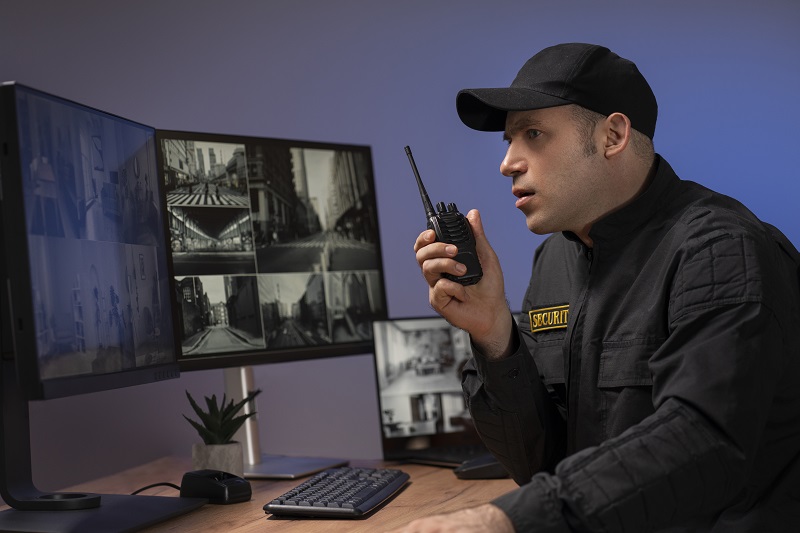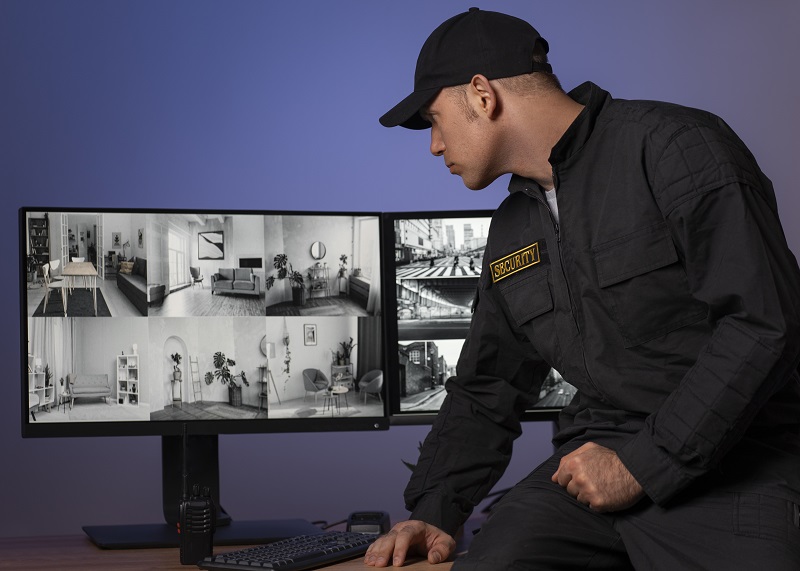In an era where data privacy and cybersecurity take center stage, the choice of surveillance systems for government facilities is a matter of national significance. The emphasis on secure surveillance has led to the adoption of the National Defense Authorization Act (NDAA), which stipulates the requirements for video surveillance equipment. For this reason, NDAA compliant CCTV systems have become an imperative for government facilities. This article delves into the importance of choosing NDAA compliant CCTV for these high-security establishments.
Understanding NDAA Compliant CCTV
The NDAA is a federal law that stipulates the budget and expenditures of the U.S. Department of Defense. In recent years, it has incorporated provisions that ban the U.S. government from utilizing video surveillance equipment from certain manufacturers over cybersecurity concerns.NDAA compliant CCTV systemsare those that adhere to these provisions, ensuring that the data captured remains secure and inaccessible to unauthorized entities.

The Role of CCTV in Government Facilities
CCTV systems play a crucial role in maintaining the security and integrity of government facilities. They are instrumental in deterring criminal activities, monitoring suspicious behaviors, and providing evidence in case of security breaches. However, the sensitive nature of the data captured by these systems necessitates the implementation of stringent security measures, hence the need for NDAA compliance.
The Necessity of NDAA Compliance
The NDAA compliance is not just a legal requirement but a necessary step towards safeguarding national defense. Non-compliant CCTV systems pose a risk of data breaches and cyber-attacks, potentially jeopardizing national security. Moreover, the use of non-compliant systems could lead to legal repercussions, including hefty fines and potential blacklisting from future government contracts.
Benefits of NDAA Compliant CCTV for Government Facilities
NDAA compliant CCTV systems offer numerous benefits, including enhanced cybersecurity, data privacy, and compliance with federal law. These systems are designed with robust security features to ward off hacking attempts and unauthorized access. They also ensure data privacy by encrypting the captured footage, thereby preventing data leakage. Moreover, choosing NDAA compliant equipment means staying on the right side of the law.
Choosing the Right NDAA Compliant CCTV
Selecting the right NDAA compliant CCTV involves considering factors such as the systems security features, ease of use, scalability, and manufacturer reputation. It's essential to verify that the equipment is indeed compliant and that the manufacturer has a solid track record of providing secure surveillance solutions. Consulting with a security expert or a trusted vendor can be beneficial in making an informed decision.

Conclusion
In an era of heightened cybersecurity threats, thechoice of surveillance systems for government facilitiesis of utmost importance. NDAA compliant CCTV systems offer an effective solution, ensuring data security, privacy, and compliance with federal law. By making the wise choice of NDAA compliant equipment, government facilities can ensure the safety of their premises and contribute to the broader goal of national defense.












